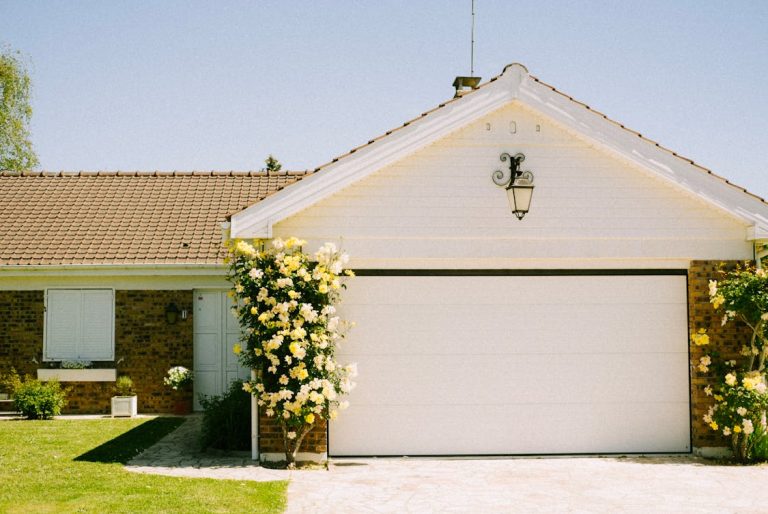Renting a home in the US got pricier in 2023. Rent and utility costs went up faster than home values for the first time in 10 years. This shift shows more people are renting instead of buying homes. The housing market has been a bit wild since COVID-19 hit. Renting or buying a home is …
Rent housing cost skyrockets: Is it time to move back in with Mom?

Renting a home in the US got pricier in 2023. Rent and utility costs went up faster than home values for the first time in 10 years.
This shift shows more people are renting instead of buying homes.
The housing market has been a bit wild since COVID-19 hit. Renting or buying a home is now a big money worry for many families.
It’s even become a hot topic in the upcoming presidential election.
Let’s look at some numbers:
- From 2011 to 2019, rent costs went up less than 3% each year
- In 2022, rent grew by 1%
- In 2023, rent jumped by 3.8%
- Home values only went up 1.8% in 2023
While these costs are going up, many people’s incomes are keeping pace. This might be because more wealthy folks are choosing to rent instead of buy.
But not everyone is doing okay. Almost half of the 42.5 million renter households in the US spent over 30% of their income on housing in 2023.
When people spend this much on housing, they’re said to be “cost-burdened.”
Here’s a breakdown of cost-burdened renters by race:
- Black renters: 56% (4.6 million households)
- Hispanic renters: 53%
- White renters: 47%
Homeowners are feeling the pinch too. Insurance costs are a big part of this.
In 2023:
- 5.4 million homeowners paid $4,000 or more per year for insurance
- Florida had the most high-paying homeowners (1.2 million)
- Texas came in second (784,000)
- California was third (560,000)
The housing crunch started with COVID-19. The Federal Reserve cut interest rates, mortgage rates dropped, and people started moving to new places.
This put a lot of stress on housing markets in areas like the Hudson Valley, Austin, and Boise.
But the problem goes back even further. After the Great Recession, fewer new houses were built. Now, there aren’t enough homes to go around.
Politicians are talking about this issue a lot. Some ideas being tossed around include:
- Building 3 million more homes
- Offering big tax credits to help people buy homes
- Changes to immigration policies
Both sides agree: we need more houses to make them more affordable for everyone.
The housing squeeze is hitting renters and buyers alike. It’s a complex issue that’s been brewing for years.
As we look ahead, finding ways to increase housing supply seems to be key to tackling the problem.









